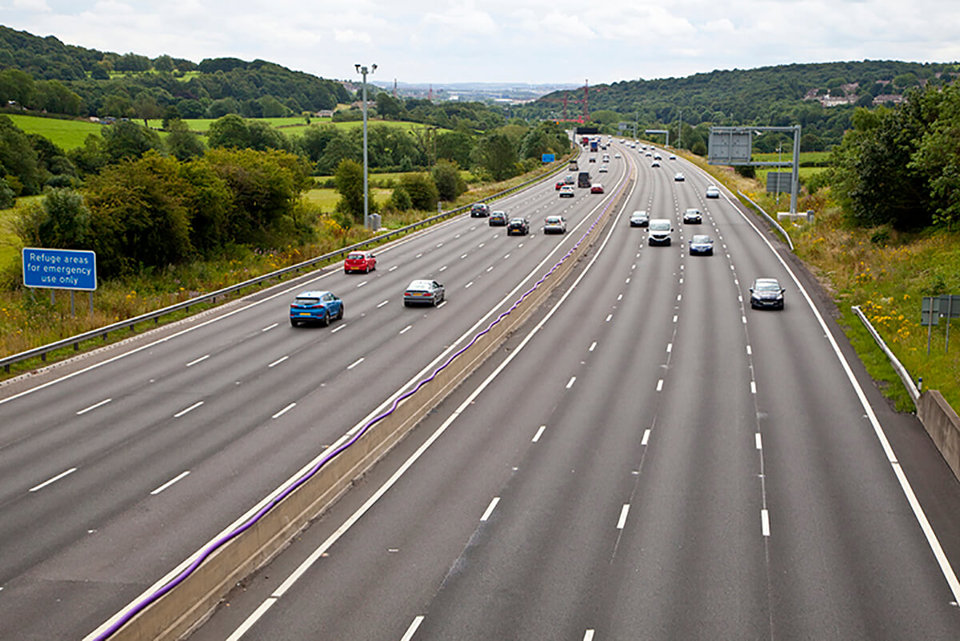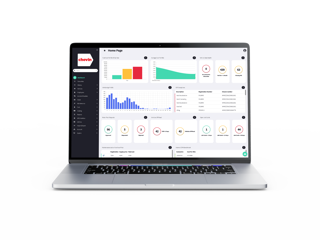FleetMatics Director of Marketing for Europe, Richard Brooks maintains that smarter driving habits and proactive vehicle maintenance will help fleet owners save fuel.
According to the Energy Saving Trust (EST), which has been offering Smarter Driving tips to fleet drivers for several years, by applying simple driving tactics typical improvements in fuel consumption of up to 15% can be achieved.
While most standard GPS vehicle tracking solutions can provide accurate speed information about each vehicle tracked, Brooks asserts: “The best fleet management systems also include alerts that will, for example, notify the fleet owner when a vehicle exceeds a set speed threshold.”
Although each vehicle reaches its optimal fuel economy at a different speed (or range of speeds), fuel mileage usually decreases rapidly at speeds above 60 mph. According to advice on the AA’s (Automobile Association’s) website travelling on a motorway at 80–85mph, rather than 70mph, can increase fuel consumption by 25% or more – “This can translate to hundreds of pounds worth of fuel wasted for a fleet of vehicles over a month,” comments Mr Brooks.
Excessive idling is another cause of wasteful fuel consumption: Any time a vehicle is idling, it is realising zero miles per gallon, reducing its average fuel economy. Plus, according to Ford Motor Company, every hour that a vehicle is idling is the equivalent of approximately 25 miles of driving. Contrary to popular belief, Transport for London (TfL) tests show that vehicle engines can be switched on and off more than 100 times an hour with no discernible loss of performance. Restarting an engine after a minute or longer uses less fuel and causes less pollution than if it is idling.
According to new research by Michelin, following its 2011 Fill Up With Air campaign, UK motorists are wasting £337 million on fuel every year by driving with under-inflated tyres. The research’s findings clearly highlight the importance of keeping tyres inflated to the correct pressure, and are hard facts to ignore when trying to run a cost-effective fleet of vehicles.
Brooks commented, “If you haven’t already, make the smart and green choice by looking into fleet management technology for your company today. Optimising fuel usage can generate savings that translate directly to the bottom line.”




















Login to comment
Comments
No comments have been made yet.